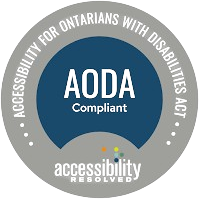The purpose of an interview guide includes:
- Ensuring Consistency: The guide helps ensure that each interview covers the same topics, allowing for consistency across interviews. This is crucial for comparing and analyzing the experiences and opinions of different participants.
- Flexibility: While providing a structure, the guide also allows for flexibility in conversations. This enables researchers to explore unexpected insights or delve deeper into specific areas of interest that emerge during the interview.
- Facilitating Depth: An interview guide focused on resistance can help researchers ask open-ended questions that encourage participants to share detailed experiences, perceptions, and feelings about their resistance actions or beliefs.
- Building Rapport: The guide can include prompts that help establish a rapport with participants, making them feel more comfortable sharing sensitive or personal information related to their resistance activities or ideologies.
- Targeting Specific Themes: It ensures that the interviews specifically address the research themes related to resistance, such as causes, methods, impacts, and personal motivations behind the resistance efforts.
- Ethical Considerations: The guide can also ensure that the interviews are conducted ethically, respecting participants’ privacy, consent, and emotional well-being, which is particularly important when discussing potentially contentious or personal topics.
Overall, an interview guide is a vital tool in qualitative research that helps researchers systematically explore complex topics like resistance, ensuring the collection of rich, meaningful data while respecting the participants’ experiences and perspectives.



